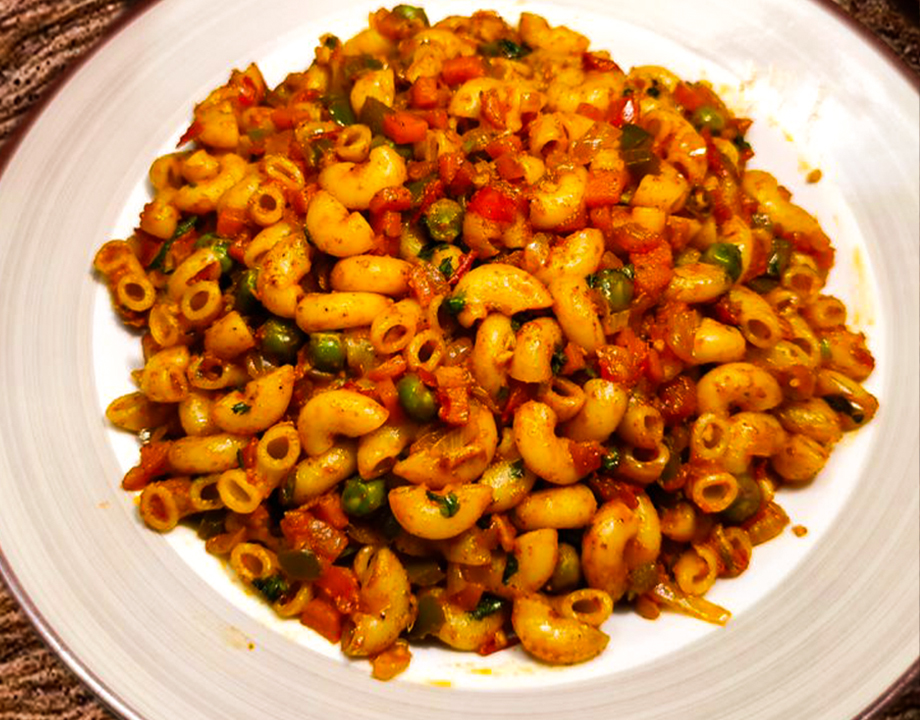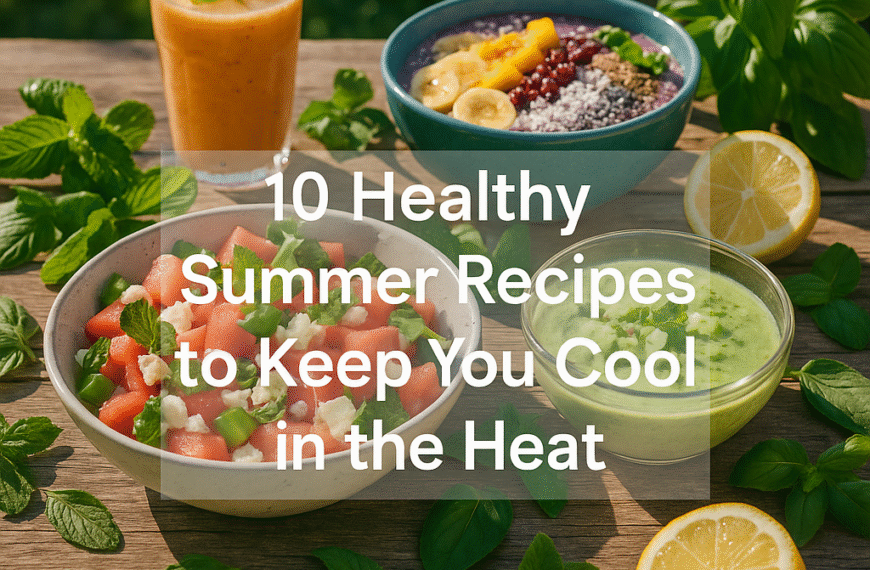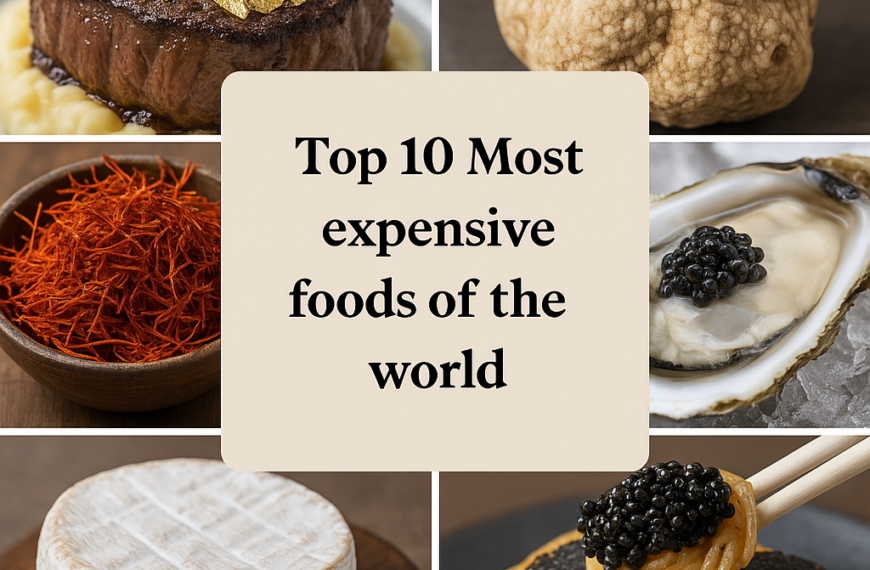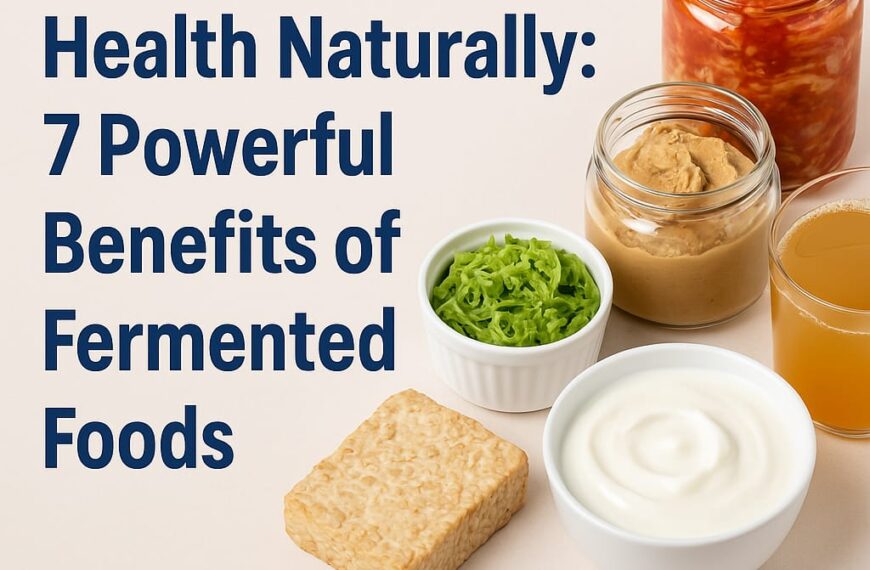In This Article
In a surprising revelation, health experts caution against entirely cutting oils from your diet, even for a short period such as two weeks. While the idea of eliminating fats might sound like a fast track to a healthier lifestyle, the reality is more complex. Oils, particularly those derived from healthy sources like olives, avocados, and nuts, are rich in essential fatty acids and fat-soluble vitamins such as A, D, E, and K. These nutrients play critical roles in maintaining cellular integrity, brain function, and overall metabolic health.
When oils are completely removed from the diet, it can disrupt the absorption of these vital vitamins, leading to deficiencies. Additionally, fats are crucial for hormonal balance and energy levels. Individuals who avoid oils entirely might experience fatigue, dry skin, and difficulty concentrating. Moreover, some fats, like omega-3 and omega-6 fatty acids, cannot be produced by the body and must be obtained through dietary sources, many of which include oils.
Health experts stress the importance of distinguishing between healthy oils and those that can contribute to health problems. Trans fats and highly processed oils should indeed be minimized, but opting for moderate amounts of high-quality oils like extra virgin olive oil can provide numerous health benefits. Rather than eliminating oils completely, a balanced approach focusing on portion control and the selection of nutrient-rich oils is advised. This ensures that your body receives the healthy fats it needs while avoiding the pitfalls of excessive consumption.
Experts Weigh In on the Risks
When it comes to oils, their role in the diet goes far beyond merely adding flavor to meals. According to renowned dietitian Kanikka Malhotra, oils are essential for the absorption of fat-soluble vitamins like A, D, E, and K. These vitamins play critical roles in maintaining overall health, and without adequate intake, individuals may face a range of health challenges.
“Fats from oils play a crucial role in nutrient absorption and overall health. Eliminating them completely can disrupt gut motility and lead to digestive discomfort, such as bloating or constipation,” Malhotra explained. These fat-soluble vitamins are necessary for vital functions such as improving vision, strengthening bones, boosting immunity, and ensuring healthy skin. For instance, vitamin A supports eye health, while vitamin D aids calcium absorption, which is key for strong bones.
Malhotra emphasized that the issue lies not with oils themselves but with the types and quantities consumed. Many individuals make the mistake of cutting oils out entirely, assuming they are universally harmful. However, this approach can backfire, leading to deficiencies in essential nutrients and impairing bodily functions. The body relies on moderate amounts of healthy fats for optimal digestion and nutrient absorption.
“Good quality oils, when consumed in the right proportion, can actually help maintain a healthy digestive system. They serve as a lubricant for the intestines, ensuring smoother bowel movements and preventing issues like constipation,” Malhotra added. On the other hand, poor-quality or overly processed oils can introduce harmful trans fats into the body, leading to inflammation and increasing the risk of chronic diseases.
Experts recommend incorporating healthier oil options such as olive oil, avocado oil, or flaxseed oil into your diet while keeping an eye on portion sizes. Moderation is key to reaping the benefits of oils without overloading on unnecessary calories.
Understanding the essential role oils play in a balanced diet is crucial for maintaining long-term health. Making informed choices about the types and amounts of oils used in daily cooking can significantly impact your overall well-being.
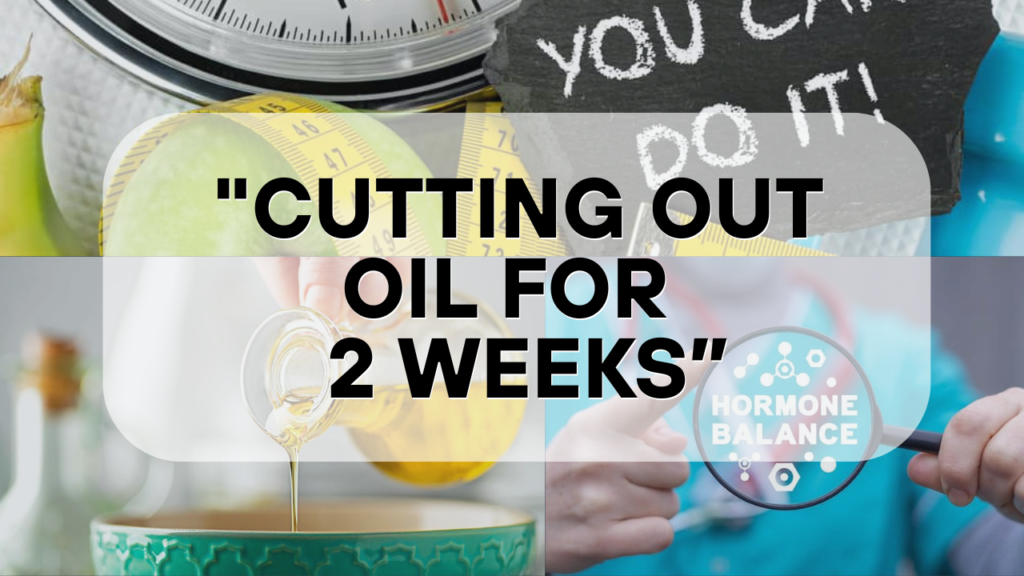
What’s at Stake?
Eliminating oils from your diet might seem like a simple strategy to reduce calories or cut fats, but it comes with significant risks that can impact your overall health and well-being. Oils are far more than just a cooking ingredient—they play an essential role in numerous physiological processes. Completely removing them from your meals can lead to serious consequences for your nutrition, digestion, skin health, energy levels, and even emotional stability.
Nutritional Deficiencies
Fats from oils are crucial for the absorption of fat-soluble vitamins, including vitamins A, D, E, and K. Without these vitamins, the body struggles to maintain many essential functions. For example:
- Vitamin A is necessary for good vision, healthy skin, and a strong immune system. A deficiency can lead to night blindness and increased susceptibility to infections.
- Vitamin D is vital for calcium absorption, which helps build and maintain strong bones. Without it, the risk of conditions like osteoporosis or rickets increases.
- Vitamin E is a powerful antioxidant that protects cells from damage caused by free radicals, supporting overall cellular health and reducing inflammation
- Vitamin K plays an essential role in blood clotting and bone metabolism. A deficiency can lead to excessive bleeding and weakened bone structure.
By cutting out oils, you reduce the body’s ability to absorb these vitamins, increasing the likelihood of deficiencies that can negatively affect your health in the long term.
Digestive Issues
Oils serve as a natural lubricant for the digestive system, aiding in gut motility and ensuring smooth bowel movements. When fats are eliminated from the diet, digestion can become sluggish, leading to uncomfortable symptoms like bloating, constipation, and indigestion. Over time, poor digestion can result in imbalances in the gut microbiome, the community of microorganisms in your digestive tract that supports immunity, nutrient absorption, and even mental health.
A lack of dietary fats can also disrupt the production of bile, a digestive fluid essential for breaking down fats and absorbing fat-soluble nutrients. This disruption may further compound digestive problems, leaving you feeling sluggish and unwell.
Skin Problems
Oils contain essential fatty acids, such as omega-3 and omega-6, that are crucial for maintaining the skin’s health and hydration. These fatty acids help build the skin’s natural lipid barrier, which locks in moisture and protects against environmental damage. Without enough dietary fats, your skin may become dry, flaky, and prone to irritation.
Over time, the absence of essential fatty acids can exacerbate skin conditions such as eczema, psoriasis, or acne. Your skin might also lose its elasticity and youthful appearance, leading to premature aging. Healthy oils like those from olive, flaxseed, and avocado not only support skin health but also have anti-inflammatory properties that can soothe and calm irritated skin.
Energy and Mood Drops
Fats are one of the body’s most concentrated sources of energy, providing long-lasting fuel for daily activities. Without sufficient fats, energy levels can drop, leading to fatigue, lethargy, and reduced productivity. Oils also influence the production of hormones, including those that regulate mood, such as serotonin and dopamine.
Cutting out oils entirely can lead to hormonal imbalances, which might result in mood swings, irritability, or heightened feelings of anxiety and stress. A lack of energy and emotional instability can affect your ability to focus, work, and maintain social relationships, creating a ripple effect on your overall quality of life.
Cardiovascular and Brain Health
Healthy oils, such as olive oil, avocado oil, and flaxseed oil, contain unsaturated fats that are beneficial for heart and brain health. These fats help reduce bad cholesterol (LDL) levels, increase good cholesterol (HDL), and lower inflammation, all of which are key factors in preventing cardiovascular diseases. Omega-3 fatty acids, found in some oils, are essential for brain function and reducing the risk of neurodegenerative diseases.
Without these healthy fats, you may miss out on their protective benefits, potentially increasing the risk of heart disease, stroke, and cognitive decline. Additionally, insufficient fat intake can lead to a lack of focus, memory issues, and difficulty processing complex tasks.
A Balanced Approach
The solution isn’t to eliminate oils but to make smarter choices about the types and quantities you consume. Focus on incorporating unprocessed, nutrient-rich oils like extra virgin olive oil, avocado oil, or flaxseed oil into your diet. These options provide essential nutrients while avoiding harmful trans fats found in heavily processed or hydrogenated oils.
Moderation is key—use oils in reasonable amounts to enhance your meals and support your body’s needs. By doing so, you can maintain a healthy, balanced diet that supports overall well-being, energy, and vitality without compromising flavor or nutrition.
The Long-Term Outlook of an Oil-Free Diet
While a two-week oil-free diet might seem like a quick fix for weight loss or detoxification, experts caution against adopting this approach as a long-term lifestyle choice. Oils, particularly those rich in unsaturated fats, play a vital role in supporting overall health. Stripping them entirely from your diet could lead to unintended consequences that outweigh any short-term benefits.
One of the most significant concerns is the lack of essential fatty acids, such as omega-3 and omega-6, which are crucial for maintaining optimal brain health. These fatty acids are not produced naturally by the body and must be obtained through diet. Foods like fatty fish, flaxseeds, walnuts, and certain oils, such as flaxseed and olive oil, are rich in these nutrients. Without them, cognitive function could be compromised, leading to difficulties with memory, concentration, and even mood regulation.
Cardiovascular health is another area that could suffer from an oil-free diet. Contrary to the notion that all fats are harmful, healthy oils like olive oil, avocado oil, and canola oil are rich in monounsaturated and polyunsaturated fats. These fats are known to support heart health by reducing bad cholesterol levels (LDL) and increasing good cholesterol levels (HDL). They also contribute to better blood pressure management and lower the risk of heart disease when consumed in moderation.
Inflammation control is yet another critical function that relies on healthy fats. Chronic inflammation is a root cause of various diseases, including arthritis, diabetes, and even certain cancers. Anti-inflammatory compounds found in oils like olive oil and flaxseed oil can help mitigate this risk. By eliminating these oils entirely, you may inadvertently increase your susceptibility to inflammation-related conditions.
Additionally, fat-soluble vitamins such as A, D, E, and K require dietary fats for absorption. Without oils or other fat sources, your body may struggle to absorb these nutrients, leading to deficiencies that could manifest in weakened immunity, poor bone health, and skin issues.
Experts recommend moderation rather than elimination. Instead of cutting out oils entirely, focus on incorporating high-quality, nutrient-rich oils into your diet. Pair them with whole foods like vegetables, lean proteins, and whole grains to create balanced meals. In the long term, adopting a sustainable approach to dietary fat consumption will support overall health and well-being, far outweighing the fleeting benefits of an oil-free diet.
The Healthier Alternative to an Oil-Free Diet
Rather than eliminating oils entirely from your diet, experts emphasize the importance of choosing healthier alternatives and using them in moderation. High-quality oils, such as olive oil, avocado oil, and coconut oil, offer a variety of health benefits that contribute to overall well-being, making them an essential part of a balanced diet.
Olive oil, particularly extra virgin olive oil, is one of the most recommended options due to its high content of monounsaturated fats and powerful antioxidants. These fats are known to support heart health by reducing levels of bad cholesterol (LDL) and raising good cholesterol (HDL). Antioxidants, such as polyphenols, in olive oil also help combat oxidative stress and inflammation, which are linked to chronic diseases like heart disease and diabetes. Adding a drizzle of olive oil to salads, vegetables, or whole-grain dishes is a simple way to enhance both flavor and nutrition.
Avocado oil is another excellent choice, prized for its versatility and nutrient profile. It is rich in monounsaturated fats and contains vitamin E, an antioxidant that supports skin health and protects cells from damage. Its high smoke point makes it ideal for cooking methods like sautéing or roasting, where stability at higher temperatures is important.
Coconut oil, while more controversial, has a unique place in a healthy diet when consumed in moderation. It contains medium-chain triglycerides (MCTs), which are metabolized differently than other fats and may provide a quick energy source. Studies suggest that MCTs can help with weight management and improve brain function in certain populations. However, due to its high saturated fat content, it’s best to use coconut oil sparingly and as a complement to other healthy fats.
The key to incorporating oils into a healthy diet lies in balance and portion control. Using these oils to prepare meals or as finishing touches can elevate both the nutritional value and taste of dishes. Pairing oils with nutrient-dense foods, like leafy greens, lean proteins, and whole grains, ensures a wholesome approach to nutrition.
By choosing healthier oils and using them mindfully, you can enjoy the benefits they provide without compromising your health goals. This approach fosters long-term well-being and helps avoid the risks associated with extreme dietary restrictions.
Final Thoughts: Striking the Right Balance with Dietary Fats
As the debate over dietary fats continues, one undeniable truth emerges: balance is the cornerstone of a healthy lifestyle. Fats are a vital component of our diet, providing energy, supporting cellular functions, and aiding in the absorption of essential vitamins. However, the type and quantity of fats we consume matter greatly.
While it may be tempting to make drastic dietary changes, such as eliminating oils altogether, such approaches can lead to unintended health consequences. Instead, focus on incorporating healthy fats from sources like olive oil, avocado oil, nuts, seeds, and fatty fish. These choices contribute to heart health, brain function, and overall well-being when consumed in moderation.
Before embarking on any major dietary overhaul, consult a healthcare provider or registered nutritionist. Tailored advice can help ensure you’re meeting your body’s unique nutritional needs while achieving your health goals. Remember, a balanced approach is the most sustainable path to long-term health.








